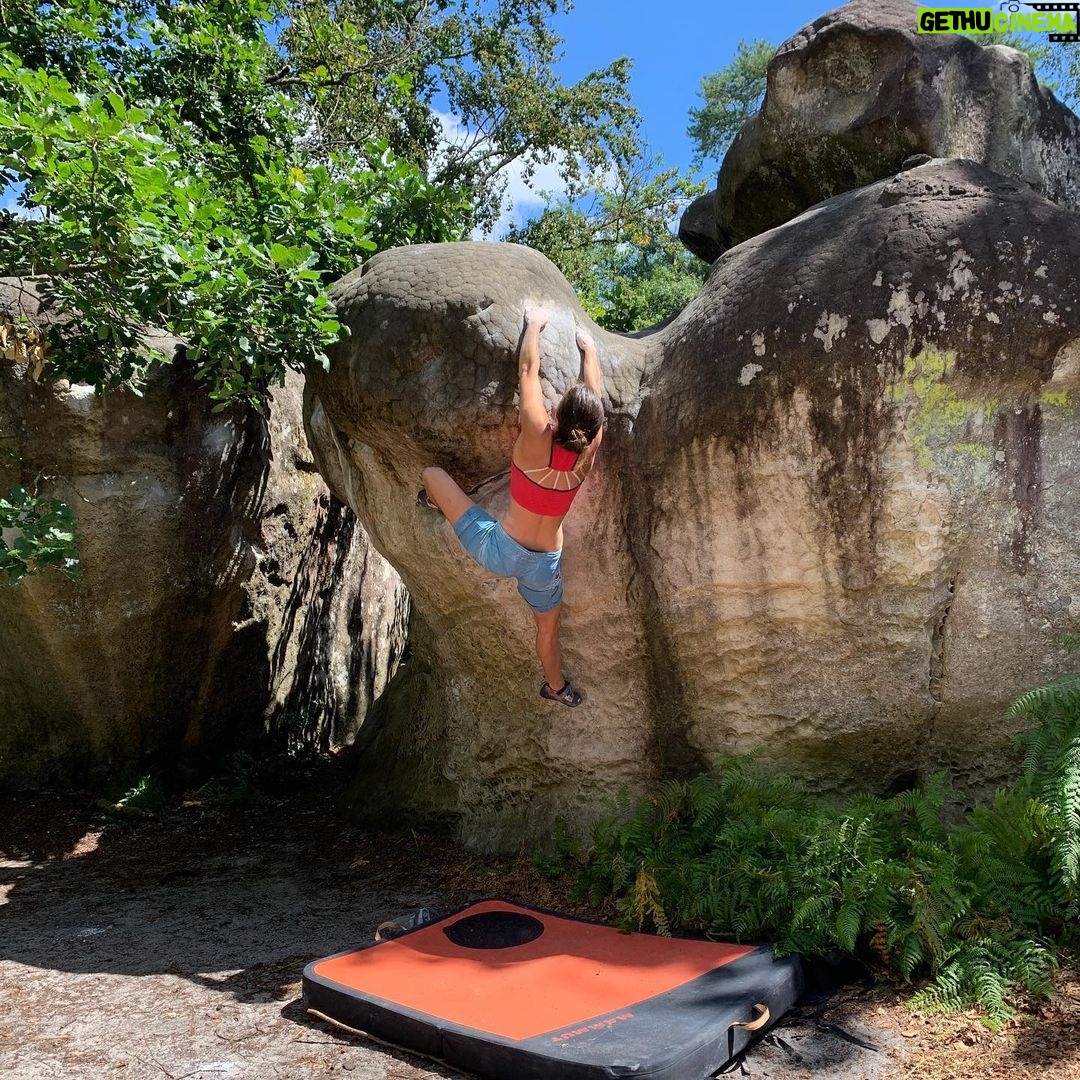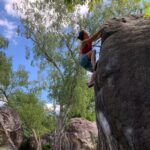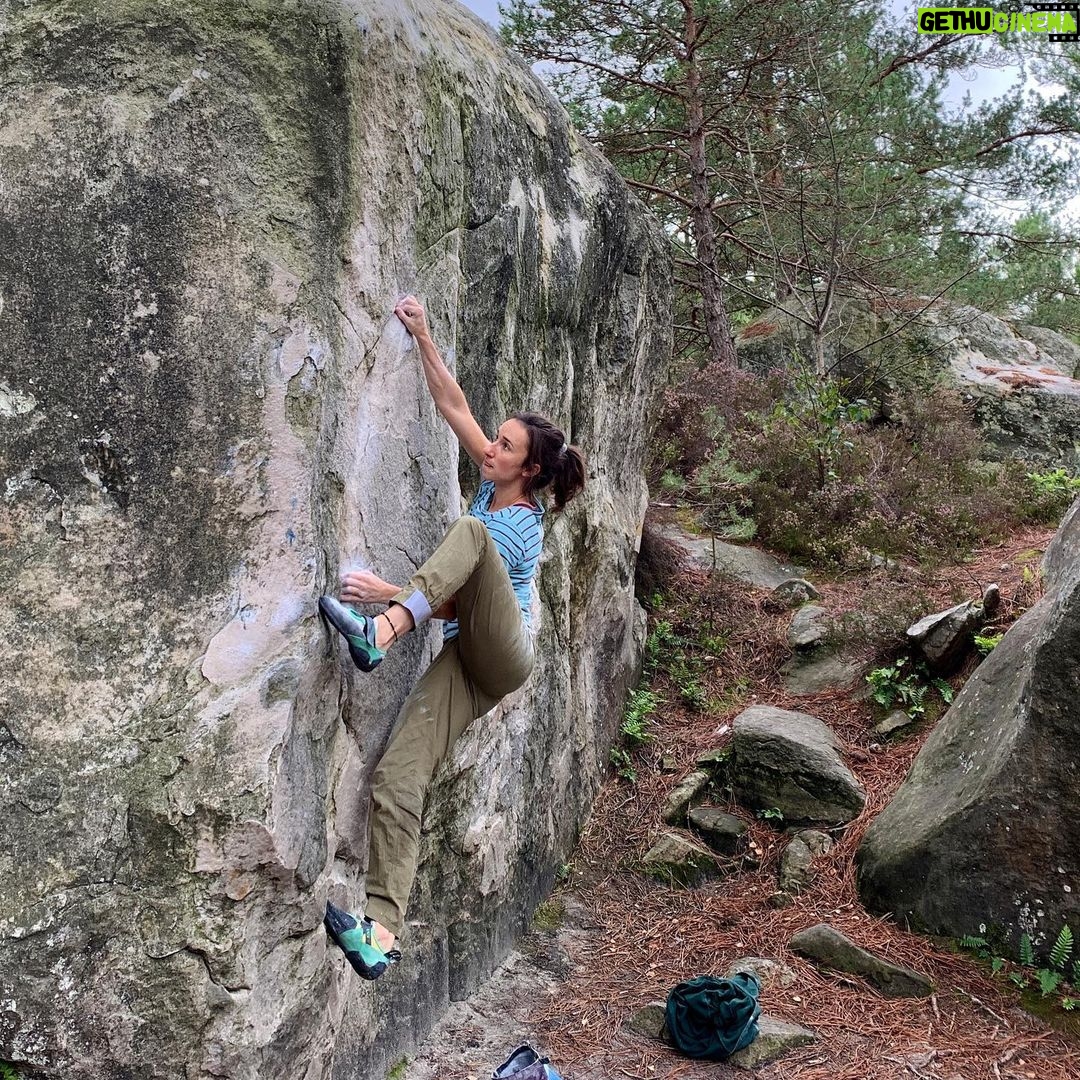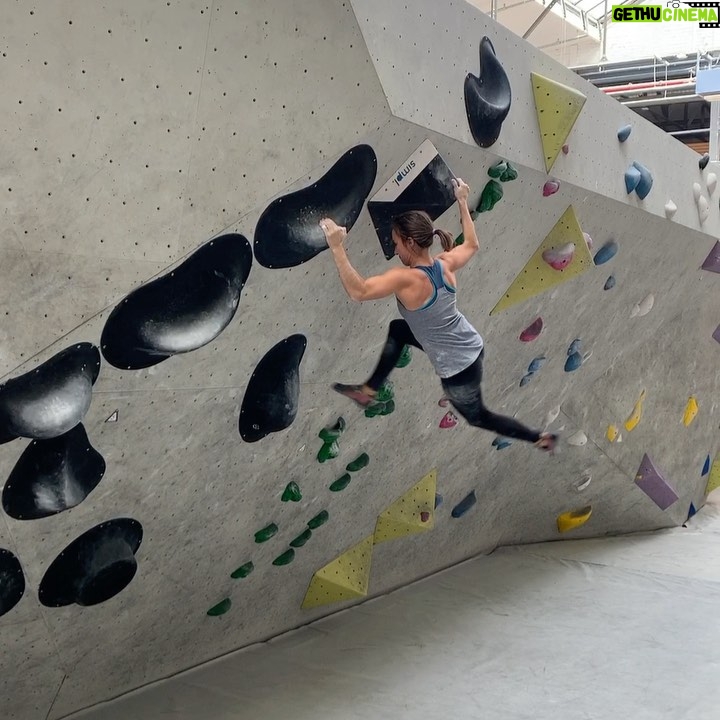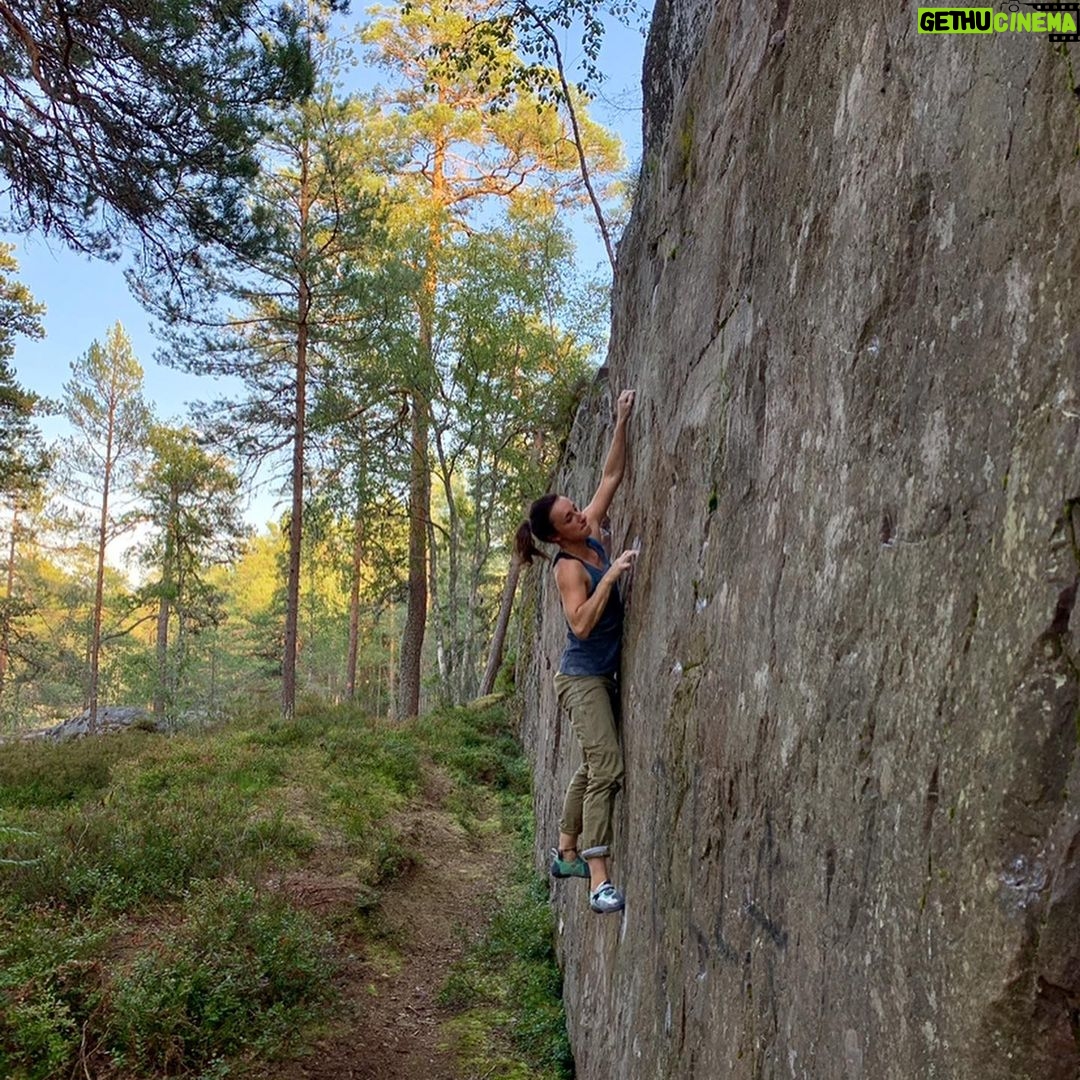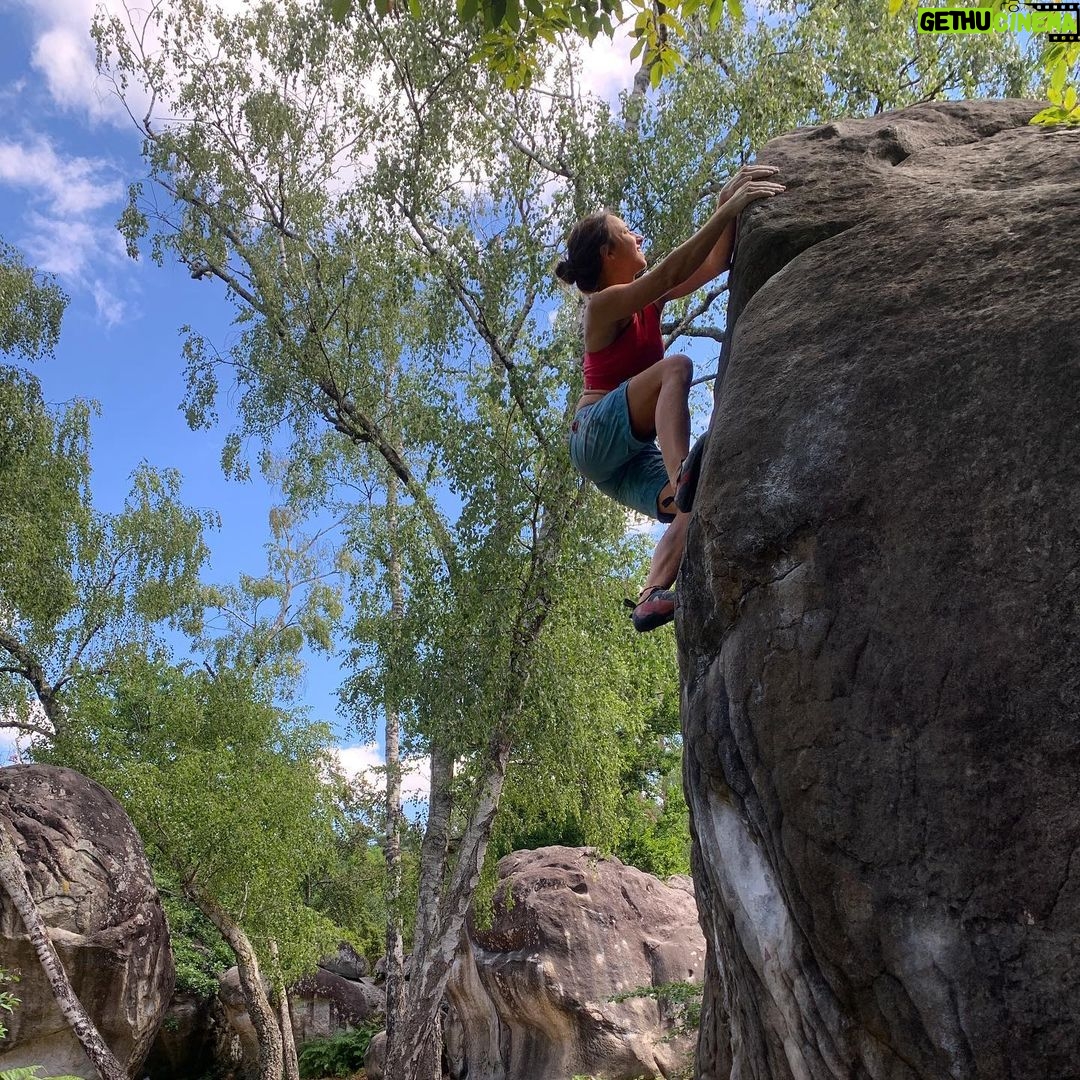Juliane Wurm Instagram – When talking about the connection between climbing and body weight I’m sometimes astonished that voices become quite, people turn around to see who’s listening that this topic still seems to hold something mystic.
.
I began realising the role of body weight in climbing during my youth. After some days of being sick with food poisening, I expected to feel very weak on the climbing wall, but to my surprise the contrary was the case. I was around 13 yo and had developed an ambition in climbing. From that point onwards I began seeing a connection between how much I ate and my climbing and started playing with it. I read about diets, tried to eat less, weighed myself frequently and this topic became very present on my mind. I developed an ideal of beauty of a very thin, but muscular body, started comparing my body to other female climbers and felt weak if they had thinner thighs than I had. I developed lots of very weird misconceptions about how to lose weight while not becoming physically weak/losing muscles. There were a handful of desperate moments during my teens where I thought about the reasonableness of vomiting up my last meal (luckily ended up not doing so).
.
I’m not sure whether I would have talked about it openly during my youth, but looking back, there simply wasn’t much room for that. While it is obvious that there is a strong connection between climbing performance & body weight/nutrition to anyone who has tried to push their climbing limits, this topic was a taboo (and maybe still is). I feared being stigmatised as being over-ambitious, expected people to tell me I should just train more instead of thinking about what I ate, feared not being taken seriously.
Only when I was around 20 yo I started talking about the the role of weight in climbing with friends. I was lucky to be surrounded with people with whom we created room for ourselves for exchanging information, revising misconceptions, talking about the limits, consequences and dangers of playing with weight. The topic stayed very present on my mind until I stopped competing, but it helped immensely to talk about it in a more rational way to keep some emotional distance from my body weight. | Posted on 25/Jul/2020 14:23:56

